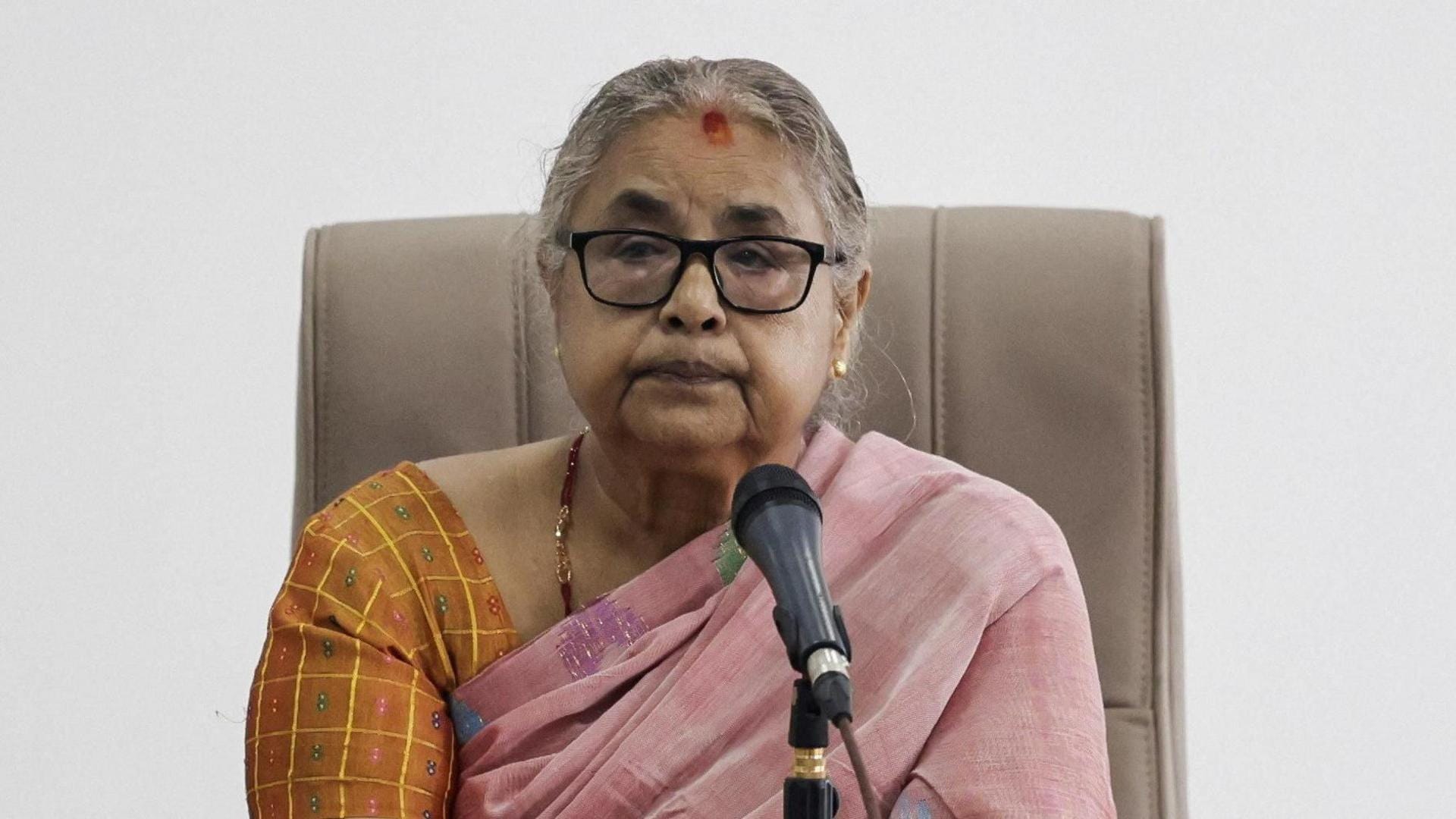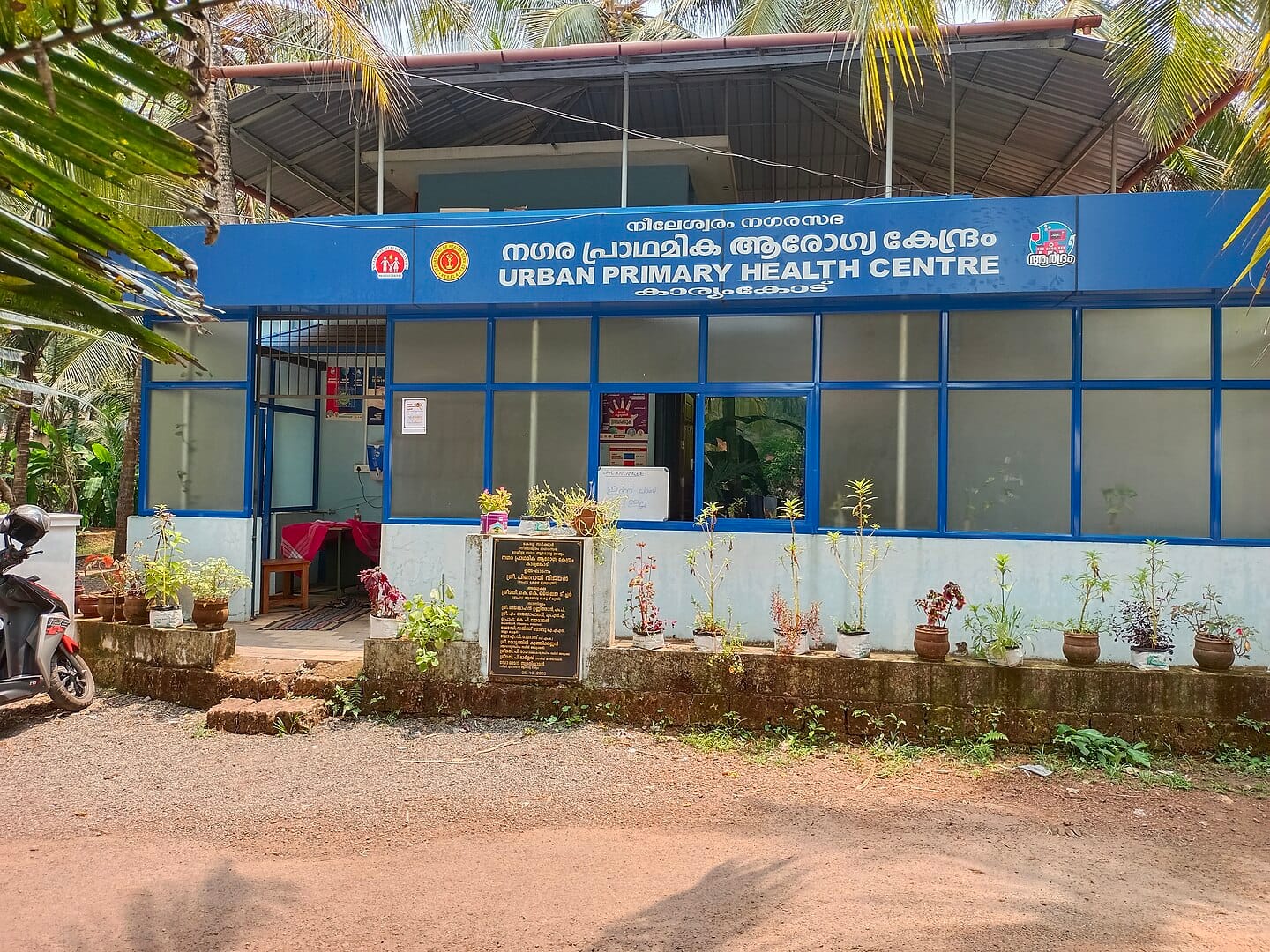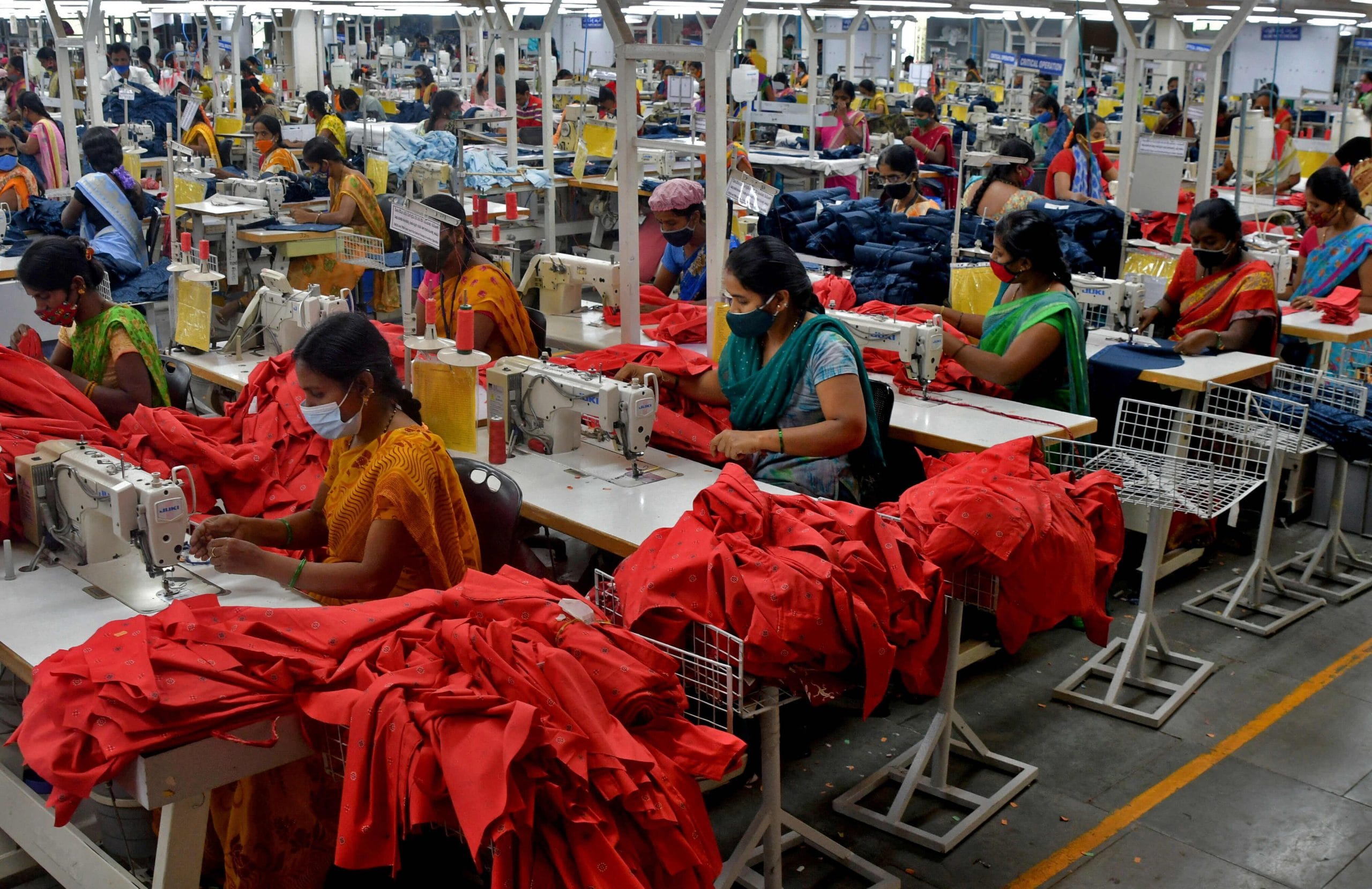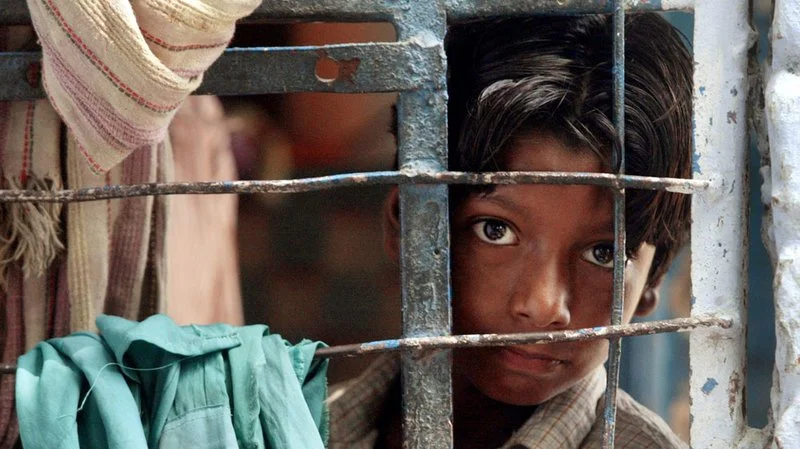When Sushila Karki placed her hand on the constitution and took the oath of office as Nepal’s first woman Prime Minister, the air in Kathmandu crackled with both relief and anticipation. At 73, the former Chief Justice assumed leadership after a week of violent protests shook the nation to its core. In a region long dominated by grey-suited party bosses, dynastic heirs, and military strongmen, the sight of a woman leading a government born out of turmoil felt both historic and transformative, a moment that reverberated far beyond Nepal’s borders, sparking conversations across South Asia about gender, power, and the future of politics.
Karki was chosen by Nepal’s youth protesters who toppled PM KP Sharma Oli’s government, receiving the highest votes on Discord.
Her selection marked a rare moment of consensus in Nepal’s fractured political culture. Youth activists embraced her as a symbol of integrity; traditional political forces accepted her as a stabilising, non-partisan leader. For a country battered by corruption and violent unrest, the agreement felt almost miraculous. As The Kathmandu Post noted, it was Karki’s reputation for judicial independence and moral authority that made her acceptable across divides.
From the courtroom to the country’s highest office
Sushila Karki’s rise to premiership is the culmination of a career defined by integrity. Born on June 7, 1952, in Shankarpur, Biratnagar, she studied law at Banaras Hindu University and later earned her Bachelor of Laws from Tribhuvan University in 1978. Beginning her practice in 1979, she quickly gained recognition as a fearless lawyer, serving as president of both the Koshi Zonal Bar Association and the Biratnagar Appellate Bar.
Her judicial career formally began in 2009 with her appointment as a Supreme Court justice. In July 2016, she shattered precedent to become Nepal’s first woman Chief Justice. During her tenure, she issued landmark verdicts in high-profile corruption cases, cementing her reputation as an incorruptible judge. Though nominated under the Nepali Congress quota, those who worked with her emphasise she never bent to party pressures.
Her independence came at a cost. In 2017, she faced a controversial impeachment motion, widely viewed as an attempt to block her ruling on the police chief’s appointment. The motion was eventually withdrawn, but it underscored the risks of challenging entrenched power. For many Nepalis, that episode sealed her image as a principled figure unwilling to compromise precisely the quality the youth protesters demanded in their new leader.
Challenging dynasties: A new model of leadership
Sushila Karki’s premiership matters not only for Nepal but also for South Asia’s gendered political landscape. The region has produced iconic women leaders, Indira Gandhi, Benazir Bhutto, Sheikh Hasina, Khaleda Zia, and Sirimavo Bandaranaike, but almost all rose to power through dynastic succession. Karki’s path is different. She arrived at the pinnacle of power not as someone’s daughter or widow, but through decades of legal service and a reputation for incorruptibility.
The statistics underline just how striking Karki’s premiership is in a region where women remain largely absent from national legislatures. In Nepal itself, women currently hold 33.5% of seats in the House of Representatives, 92 out of 275, according to the Inter-Parliamentary Union’s Parline database. That figure is relatively high for South Asia, and the product of constitutional quotas, yet it has not translated into a woman heading the government until now.
In Nepal, women currently hold 33.5% of seats in the House of Representatives, 92 out of 275, according to the Inter-Parliamentary Union’s Parline database, a relatively high figure for South Asia.
In neighbouring India, the story looks very different: women make up just 13.8% of the Lok Sabha, even though they constitute nearly half the population, and despite the passage of a Women’s Reservation Bill promising a third of seats for female legislators. Pakistan, which once produced the iconic figure of Benazir Bhutto, now has only 17% women in its National Assembly, most of them filling reserved quota seats. In Bangladesh, despite decades of female prime ministers, women held just 20.9% of parliamentary seats in 2023, while Sri Lanka, which gave the world its first female prime minister back in 1960, has slid backwards to only 9.8% today. All of these fall short of the global average of 26.9%, a reminder that South Asia continues to lag far behind the rest of the world in gender parity. Against this backdrop, the sight of a woman leading Nepal’s government without dynastic inheritance but with broad consensus marks a break in the pattern and explains why Karki’s appointment resonates across the region.
For women in Nepal, the symbolism is deeply personal. Seeing a woman in the most powerful chair in the country has made the idea of female leadership real in households where daughters are still told to keep their ambitions small. “I never thought in my lifetime I would see a woman lead our country,” said Mina Shrestha, a 46-year-old housewife in Kathmandu. “We always saw men in those chairs, making decisions for us. Now, when my daughters see Karki on the news, they believe they can also dream big.” Her words capture how representation filters into the private sphere, altering the way families talk about education, ambition, and possibility. It is not an abstract symbol but a shift that reaches into kitchens and classrooms.
I never thought in my lifetime I would see a woman lead our country; we always saw men in those chairs, making decisions for us. Now, when my daughters see Karki on the news, they believe they can also dream big.
Young women at the protests felt the same charge. Ritika Adhikari, a 22-year-old student, described why she voted for Karki in the online poll. “She has no dynasty, no party, only her honesty,” she said. “If a woman like her can lead the country, why can’t we aim for the same in our towns and villages?” That a generation raised online chose a woman as their leader at a time of national crisis speaks volumes about changing attitudes. For them, integrity mattered more than party loyalty, and gender was no barrier to trust.
Karki’s appointment has also thrown into sharp relief the paradoxes of India, Nepal’s largest neighbour. India passed the Women’s Reservation Bill in 2023, guaranteeing a third of seats in parliament for women, but today women still make up just 13.8% of the Lok Sabha. At the local level, quotas have ensured that more than 1.3 million women serve as village leaders, where studies show they are more likely to prioritise health, water, and education. Yet very few have risen to national office. India elected a woman prime minister in 1966, but none since Indira Gandhi’s assassination in 1984. For feminists in India, Karki’s rise offers a provocation: if Nepal can entrust its most turbulent moment to a woman chosen for her credibility, why can’t the region’s largest democracy move beyond token representation at the top?
The question extends to Pakistan, where, despite Benazir Bhutto’s iconic legacy, women’s parliamentary representation has stagnated at 17% in the National Assembly, and political violence continues to keep many out of the arena. In Bangladesh, decades of rule by Hasina and Khaleda Zia have not translated into broader female representation, which still hovers at 20.9%. And in Sri Lanka, despite producing the world’s first female prime minister back in 1960, women hold just 9.8% of parliamentary seats today. Against this backdrop, Karki’s appointment is a reminder that women’s leadership does not have to be inherited. It can be earned through institutions and integrity.
The test of leadership ahead
Her tenure will not be easy. As interim prime minister, her job is to restore order, oversee governance, and prepare for elections in March 2026. She faces a fragile economy with growth slowing to 3.5%, youth unemployment estimated at 19%, and nearly a quarter of the population still living below the poverty line. Political parties that accepted her in the crisis may resist reforms that threaten their hold. And as a woman leader in a patriarchal society, she will inevitably face harsher scrutiny than men.
Some colleagues, however, emphasise her credibility. “She is a good choice but will need a good team,” said Dipendra Jha, a Supreme Court advocate who worked with her for a decade. Former justice Anil Kumar Sinha called her “a credible choice to lead the interim government.” For young protesters who pushed her forward, the appointment carries emotional weight. Their voices echo the stakes of her leadership: if she succeeds, she could reshape political imagination across South Asia; if she falters, patriarchy will be quick to turn her fall into proof that women cannot lead.
The real test of her legacy may not be the laws she passes or the reforms she launches; her mandate is too short for sweeping change. Instead, it will be whether her leadership normalises the idea of women in executive power across South Asia.
What she does have is credibility. Throughout her judicial career, Karki lived modestly and ruled firmly. She and her husband, also a lawyer, are known for their Gandhian lifestyle. Colleagues recall that even as Chief Justice, she kept the same furniture she had owned for decades. In a political culture corroded by graft and patronage, this austerity is itself a form of power. It is why the protesters rallied around her name and why the presidency ratified it. Trust in politics is scarce in Nepal, but Karki’s appointment shows that trust can be rebuilt when integrity is visible.
The real test of her legacy may not be the laws she passes or the reforms she launches; her mandate is too short for sweeping change. Instead, it will be whether her leadership normalises the idea of women in executive power across South Asia. For decades, female leadership in the region has been an exception, explained away by family ties. Karki’s appointment cracks that narrative. She arrived at the top not because of whose daughter or widow she was, but because she was the one figure that everyone, from digital protesters to jaded politicians, could trust. That is why her image has resonance far beyond Nepal’s borders.
As Shrestha, a Kathmandu housewife, said while watching her daughters stare at the swearing-in on television: “For the first time, they can imagine themselves in that seat.” It is this imaginative leap, as much as the political one, that makes Sushila Karki’s appointment transformative. If the region learns from it, her legacy may be remembered not only as Nepal’s first woman prime minister but as the moment when South Asia began to accept that women could lead on their own terms.
About the author(s)
Masrat Nabi is a journalist whose work focuses on politics, gender, culture, and social issues in India.





